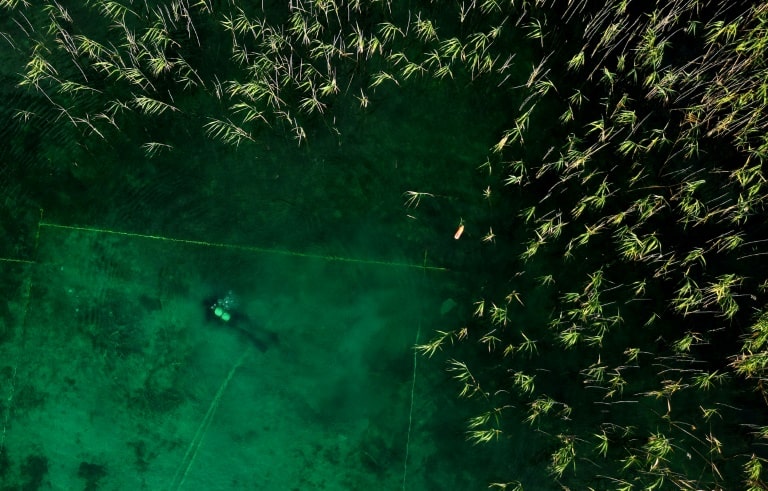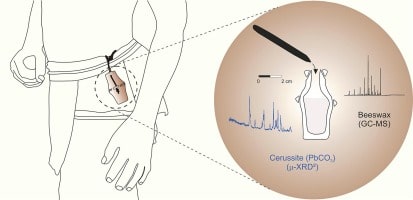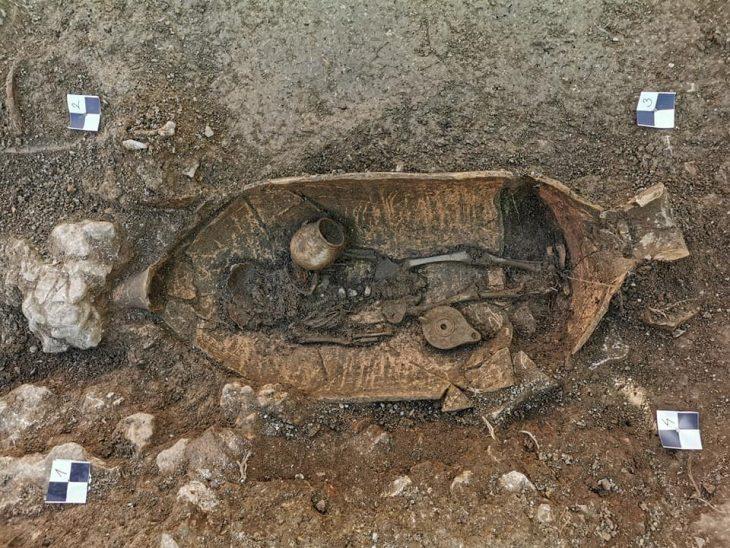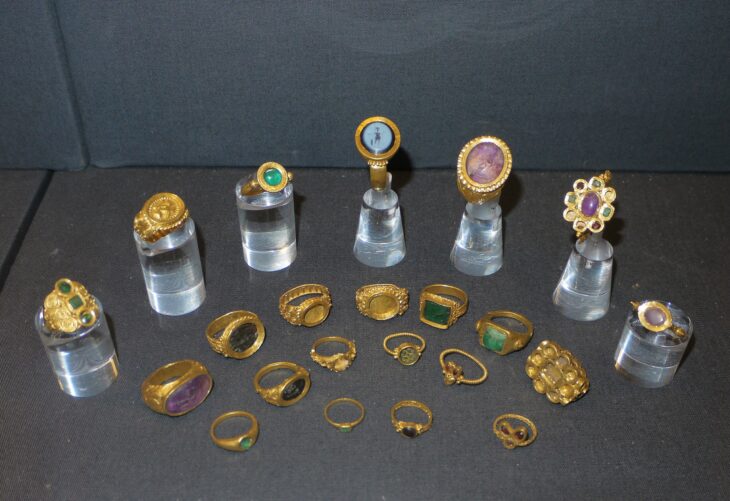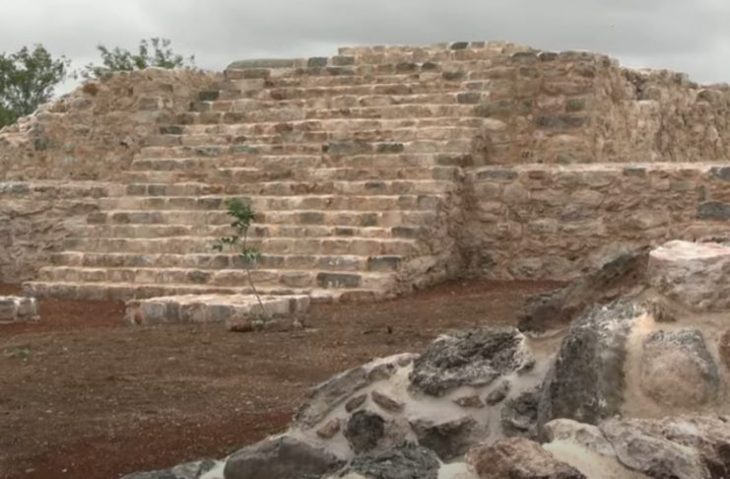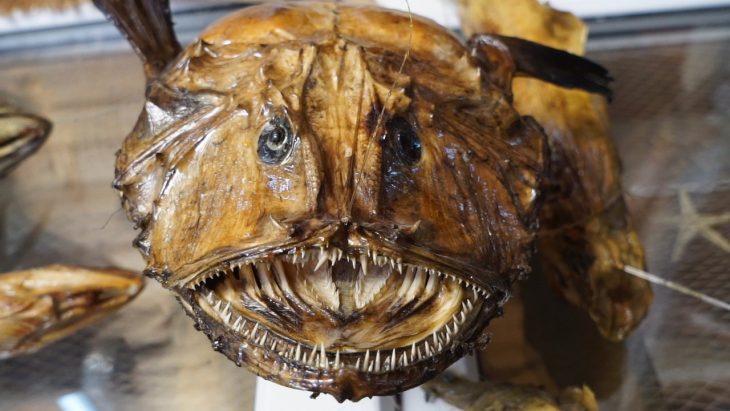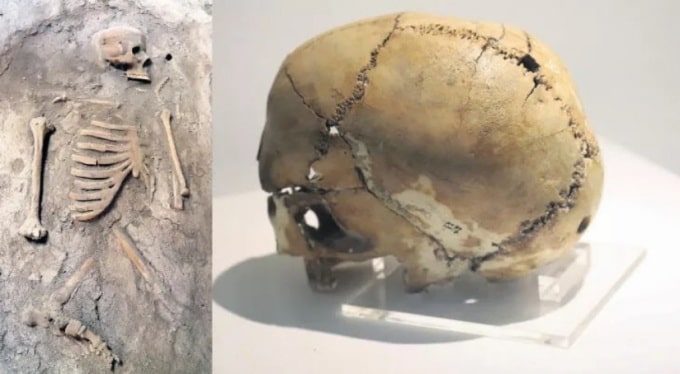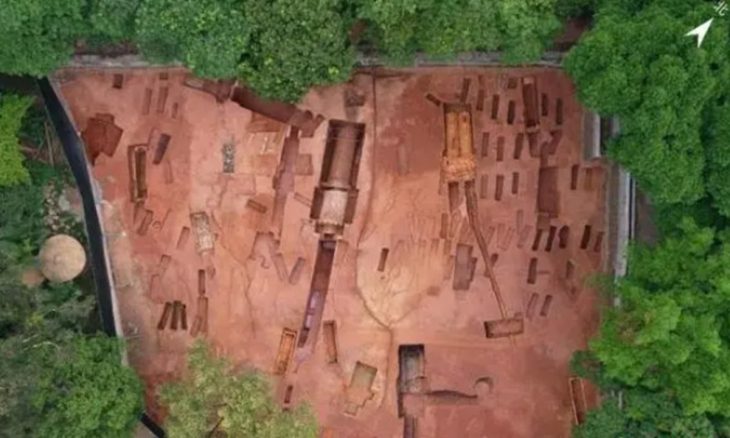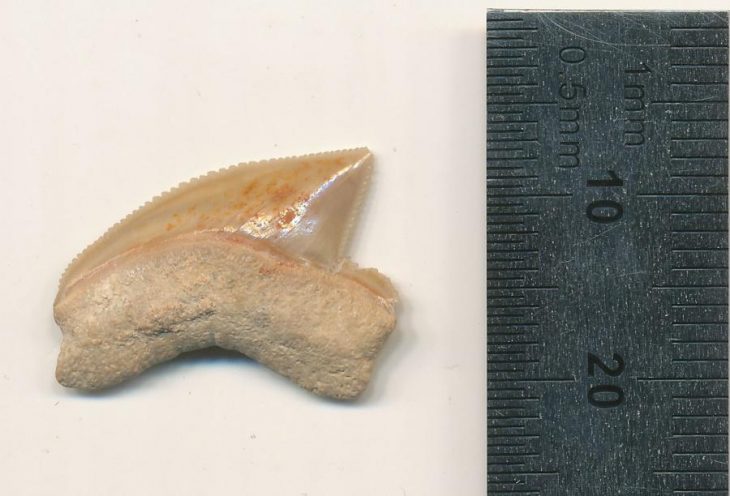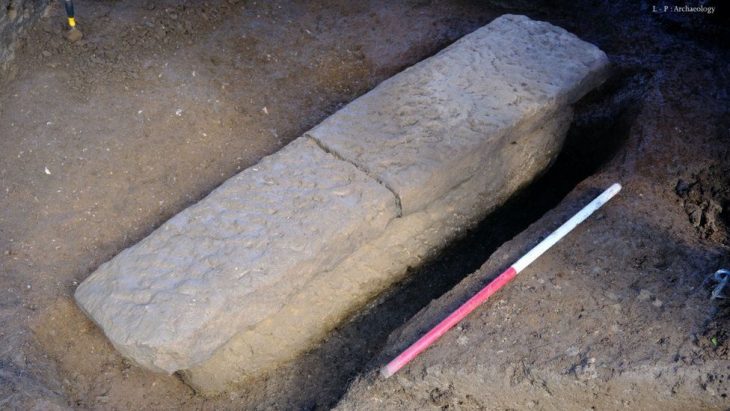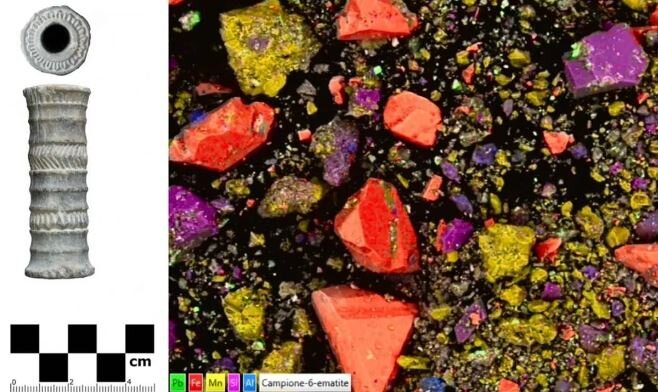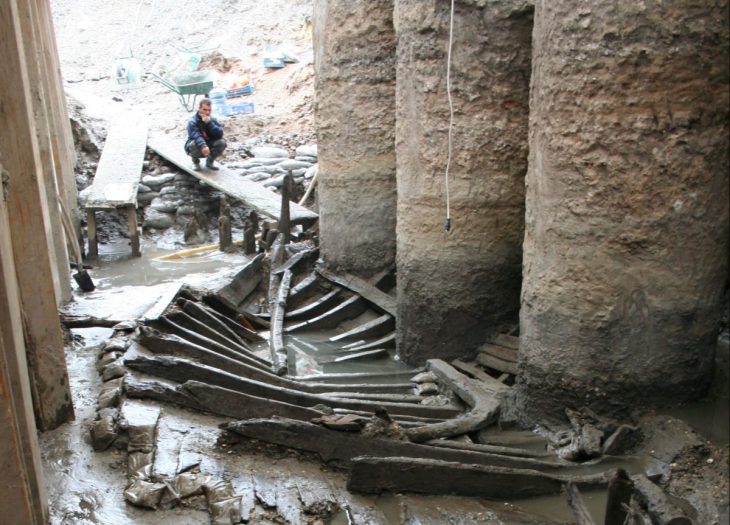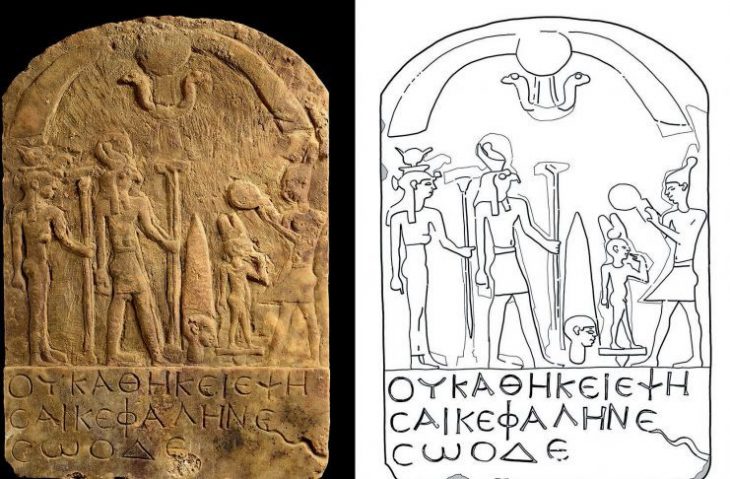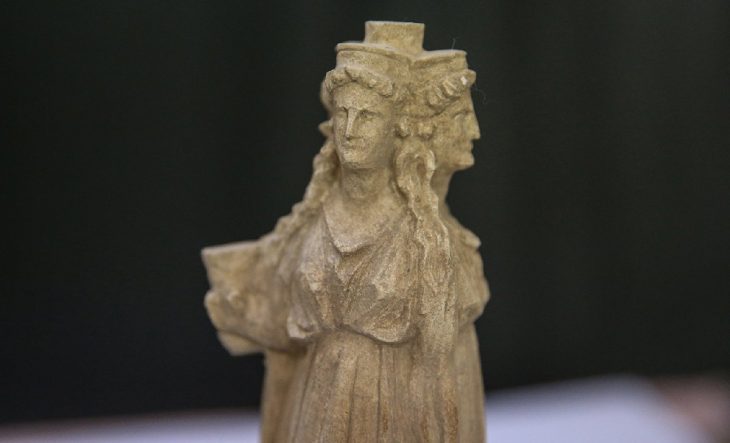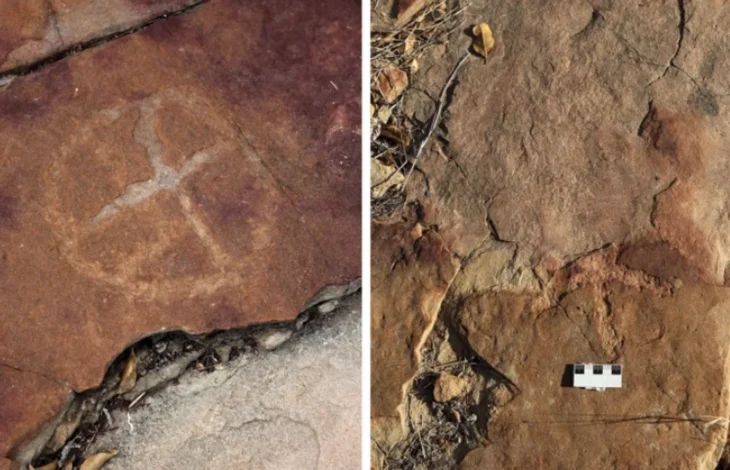Under the turquoise waters of Lake Ohrid, the “Pearl of the Balkans” Scientists have uncovered what may be one of Europe’s earliest sedentary communities.
Guarded by a fortress of defensive spikes, what could be one of Europe’s earliest sedentary communities lies beneath the waters of Lake Ohrid.
Archaeologists believe that a stretch of the lake’s Albanian shore hosted a settlement of stilt houses around 8,000 years ago, making it the oldest lakeside village in Europe yet discovered.
Researchers estimate that it housed around 200 to 500 people and dates back to 6,000 and 5,800 BC.
This ancient settlement, as per the AFP report, is located on the Albanian side of Lake Ohrid, in areas regularly flooded by rising waters. Because of this, it was located on stilts.
Talking to AFP, Albert Hafner, a professor of archaeology from Switzerland’s University of Bern, said: “It is several hundred years older than previously known lake-dwelling sites in the Mediterranean and Alpine regions.”
“To our knowledge, it is the oldest in Europe,” he told.
Hafner and his team of Swiss and Albanian archaeologists have spent the past four years carrying out excavations at Lin on the Albanian side of Lake Ohrid, which straddles the mountainous border of North Macedonia and Albania.
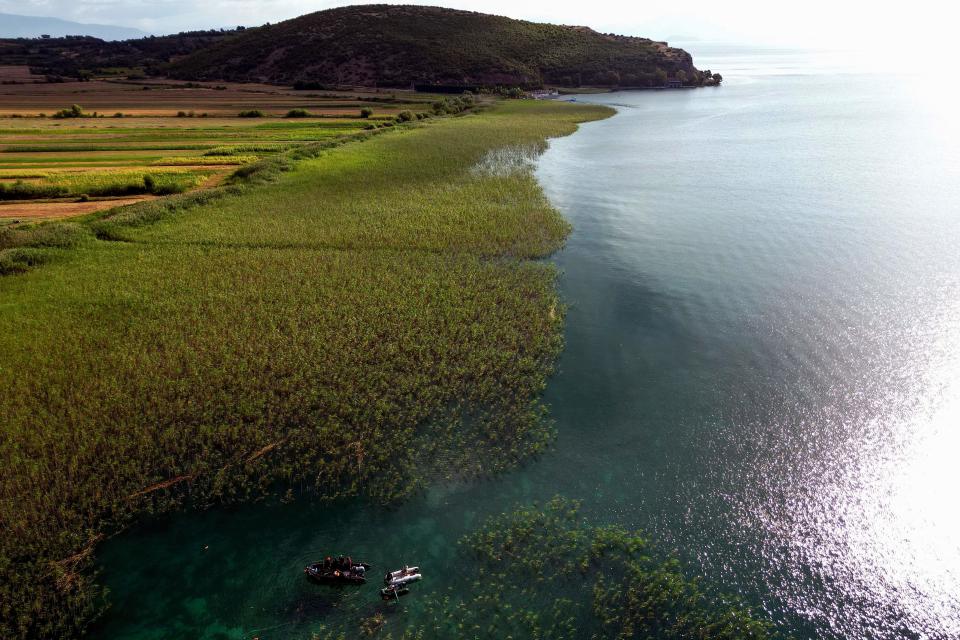
During a recent dive, archaeologists uncovered evidence suggesting the settlement was fortified with thousands of spiked planks used as defensive barricades.
Hafner, an expert in European Neolithic lake dwellings, said that to protect themselves in such a way, the residents “had to cut down a forest”.
Researchers estimate that roughly 100,000 spikes were driven into the bottom of the lake off Lin, with Hafner calling the discovery “a real treasure trove for research.”
Lake Ohrid is one of the oldest lakes in the world and has been around for more than a million years.
The underwater excavation is yielding valuable insights into the daily life of its ancient inhabitants. Archaeologists, assisted by professional divers, have come across fossilized fragments of wood, including prized pieces of oak.
An analysis of tree rings, as per Albanian archaeologist Adrian Anastasi provides “valuable insights” information about climatic and environmental conditions during that period.
Researchers believe that the village relied on agriculture and domesticated livestock for sustenance. According to Ilir Gjepali, an Albanian archaeology professor working at the site, they’ve found seeds, plants, and bones of both wild and domesticated animals.
But it will take another two decades for site to be fully explored and studied and for final conclusions to be drawn.
Cover Photo: A diver scouring an archaeological site at the bottom of Lake Ohrid in Albania, the site of Europe’s oldest stilt village. AFP Jade Gao

